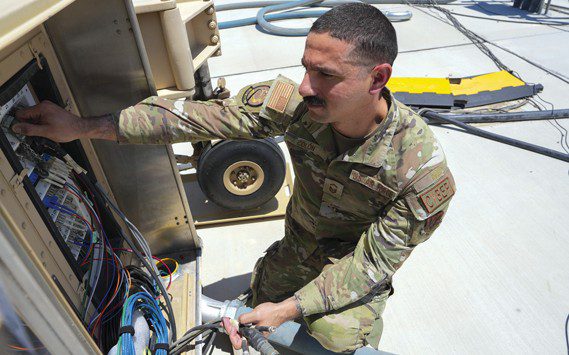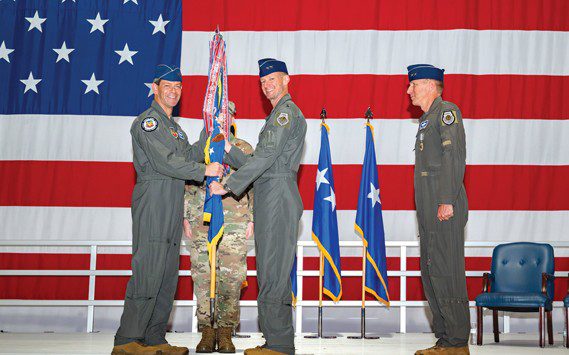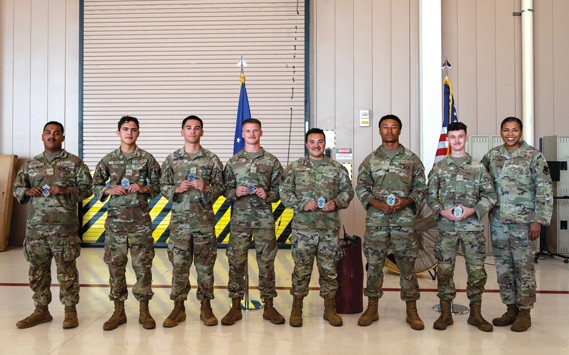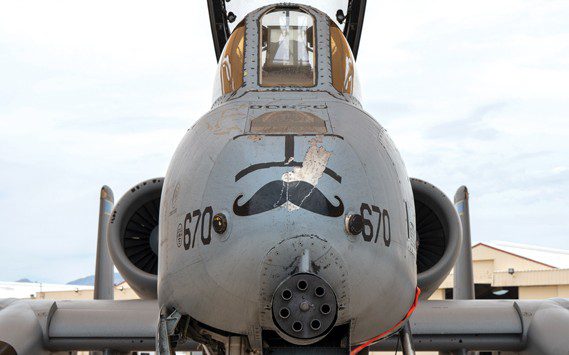The Exceptional Family Member Program Central Cell visited Nellis Air Force Base, Nevada, March 4-8 to talk to teams from the medical facilities, the Military and Family Readiness Center and the School Liaison Program, about available programs.
The EFMP Central Cell visit coincided with the Air Force Wounded Warrior Program’s 2024 Air Force Trials. Both the EFMP Central Cell and Wounded Warrior Program fall under the Air Force Personnel Center.
“We came to assess the Wounded Warrior program and figure out how we can take some of the things they’ve done and how we can bring them to the EFMP,” said U.S. Air Force Senior Master Sgt. Amanda Frederick, Exceptional Assignment Programs Division senior enlisted leader.
This opportunity allowed the Cell to ensure they’re taking care of caregivers of EFMP members as well as keeping up with medical and educational needs of Nellis and Creech providers.
According to Frederick, the EFMP Central Cell was established to provide expert guidance for assignment, medical, family support, legal, special education needs, and the ability to follow-up with base level partners to connect families with the right resources.
“The EFMP Central Cell was the first effort to bring all agencies together; special education, medical, the family support center and assignments section of the Military Personnel Flight, to provide comprehensive support,” said Frederick.
The cell hopes to share and give suggestions on how other bases conduct EFMP programs and how to better connect agencies, while also providing ideas for progressing forward and sharing best practices.
“What’s really beneficial about coming to visit Nellis is that we get to see and hear from Nellis families about what they may be struggling with,” said Frederick. “It’s a good way to ground ourselves and make sure we aren’t making policy decisions without being involved.”
Frederick stated the area has a unique challenge as there are two bases, Nellis and Creech with different needs. Families who may have a child on the spectrum may face challenges due to resource availability within the local area.
“EFMP is a readiness issue, and those families have different complexities they must navigate through,” Frederick said. “Making sure families are connected to the resources that are available on an installation, and more importantly to each other is important to ensure, in the event we are called upon, we know these families are taken care of.”
Fredrick also reflected on how our leaders can take care of Airmen when they are PCSing in and ensuring they get the support they need. Each base in the Air Force has family members enrolled in EFMP, so it is important leadership know when there are issues and how to best support them. What may be a temporary need will be a long-term benefit to each mission we will face in the present and future.











